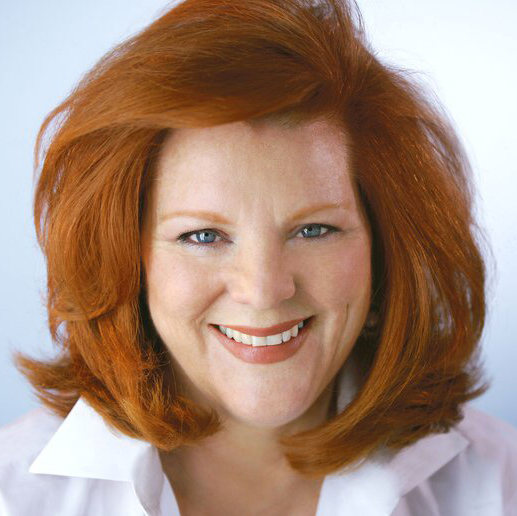
The Clinical Skills and Simulation Center
The Clinical Skills and Simulation Center (CSSC) at New York Medical College (NYMC) is a state of the art training environment that promotes inter-professional collaboration, teaching, and assessment of health professions learners and practitioners in an authentic clinical setting.
More than 5,000 learners per year partake in clinical skills training and assessment programs at the CSSC. The comprehensive standardized patient (SP) program has grown exponentially with nearly 300 circularly integrated programs occurring annually across health professional programs. The robust SP program has been nationally recognized by the Society for Simulation in Medicine (SSH) and the Association for Standardized Patient Educators (ASPE) for its rigorous training and development of SPs, SP trainers, and SP teaching assistants.
Collaborations with residency programs in the WMCHealth Network, as well as collaborations with the Children’s Dream Foundation of Westchester, has supported advanced training programs to better align with The Accreditation Council for Graduate Medical Education (ACGME) standards, ultimately promoting better patient care and diminishing medical errors. Additionally, the CSSC is an approved American Heart Association (AHA) certification site which can provide BLS, ACLS and PALS course for students, faculty and community healthcare providers.
Our Values: Accountability, Innovation, Respect, Integrity, Excellence, Teamwork
The NYMC CSSC is dedicated to developing, delivering, and evaluating undergraduate, graduate, and post graduate health sciences and inter-professional medical simulation education and training activities to enrich clinical skills training and learner wellbeing, promote patient safety, strengthen collaborative practice, and to help learners advance healthcare outcomes in Westchester County.
Facilities and Resources
The CSSC boasts a 27,000 square foot facility at 7 Dana Road which includes:
- 22 examination rooms equipped with the LearningSpace AV system for standardized patient encounters
- Three-bed patient ward simulation suite
- Ultrasound and Procedural Education Room
- Advanced pediatrics simulation suite
- Labor and delivery simulation suite
- Critical care simulation suite
- Operative simulation suite
- Surgical skills lab
- Orthopedic skills lab
- Two teaching classrooms seating 60 persons each
Simulation Modalities
Standardized Patients (SPs) - Human Simulation
Since an ideal way to replicate a human being is with a human being, many aspects of the real clinical world can be evoked using specially trained, professional actors to portray patients with particular health conditions or concerns. Because of their special training, they are referred to as Standardized Patients or as a “SP”. SPs provide consistent and predefined accounts of their conditions, allowing medical students to practice medical history taking, physical examinations, clinical reasoning, and communication skills. Examples of communication skills training includes delivering bad news, enacting shared decision making, collaborating on a therapeutic plan, and/or handing of patient care to another healthcare provider. Every experience is video captured by CAE LearningSpace technologies, has an assessment checklist or tool associated with the encounter, and involves individualized verbal and written feedback from the SPs.
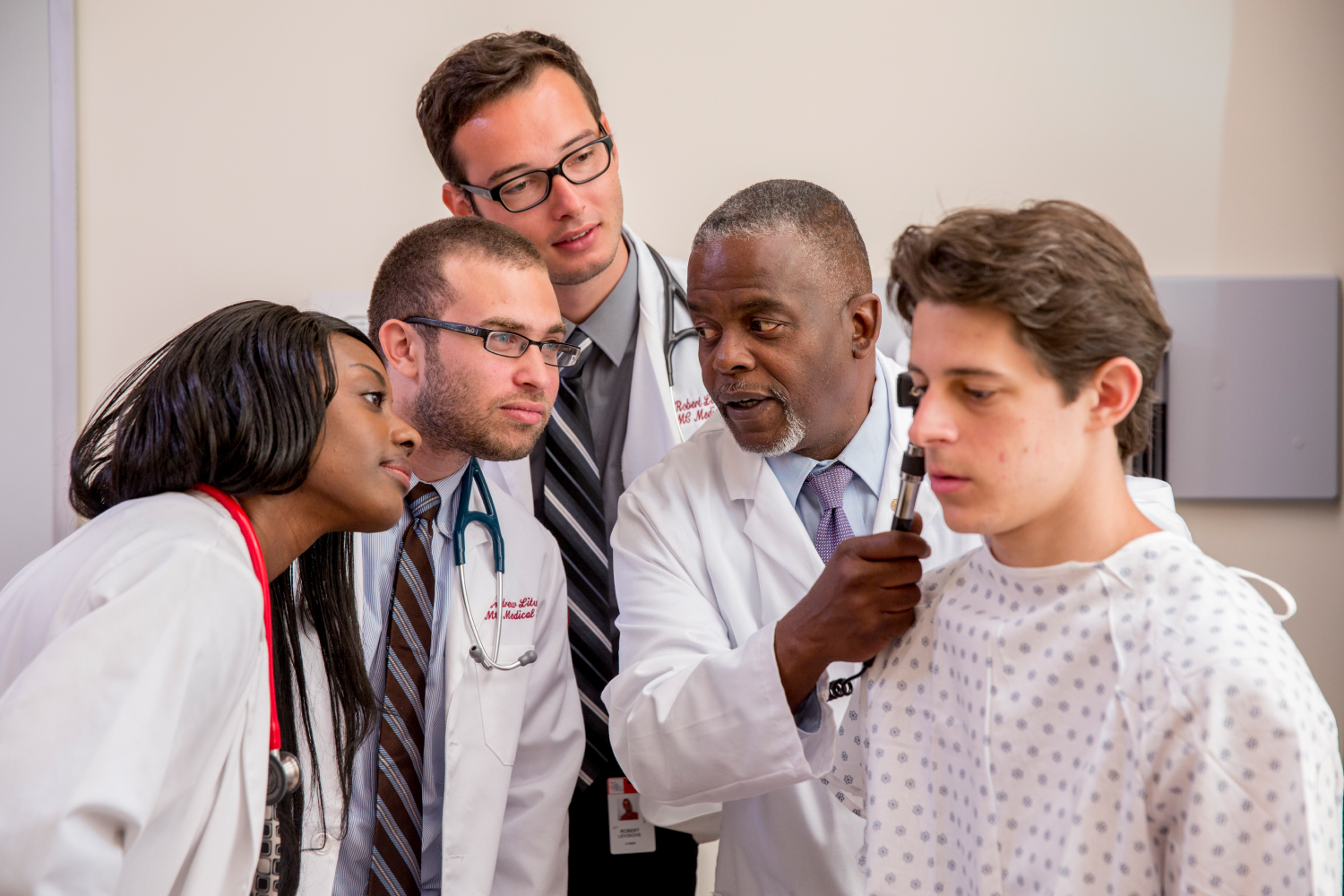
The CSSC utilizes standardized patients to train health professionals on the best practices regarding the physical exam, history gathering, and communication skills.
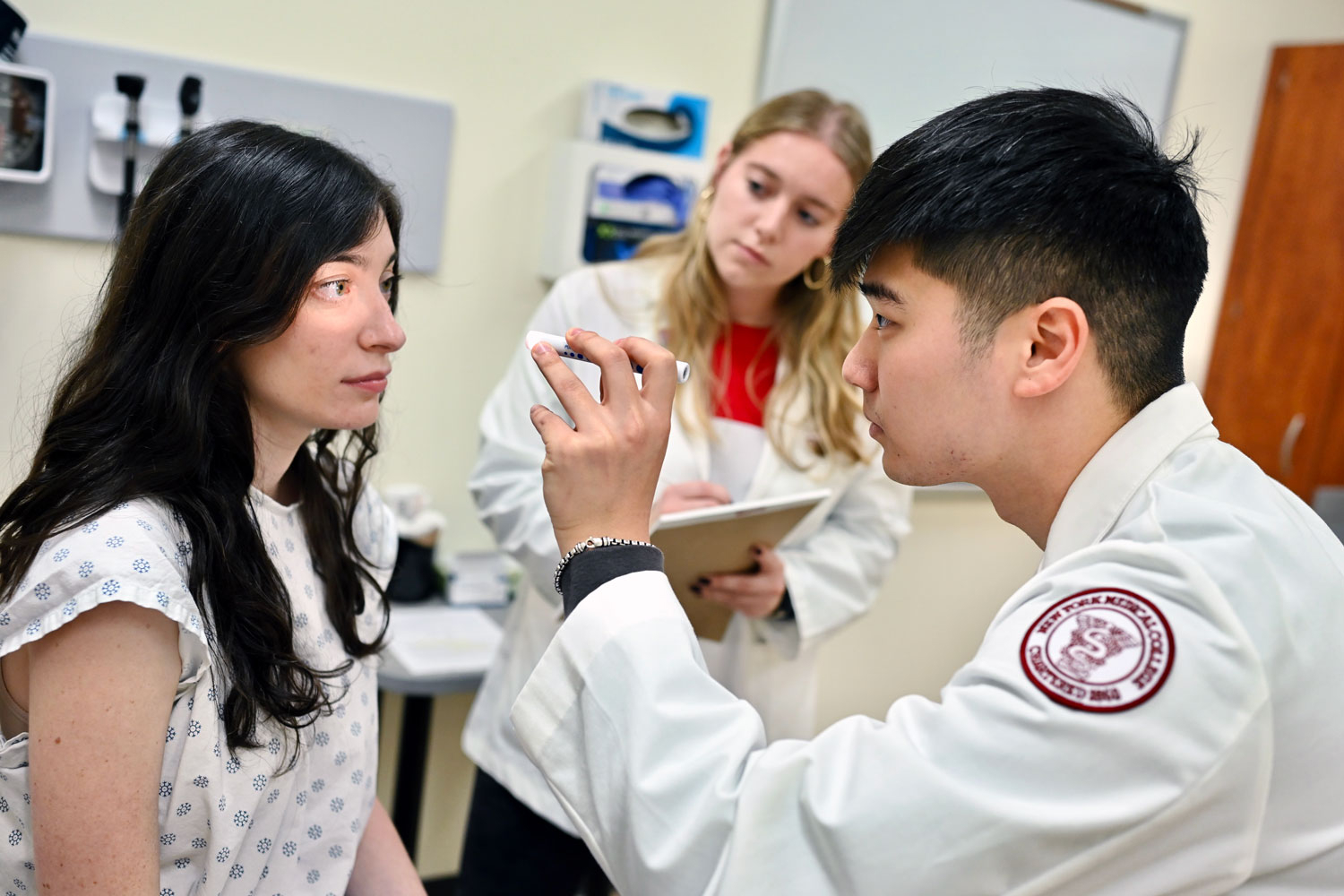
At the CSSC, students can master every aspect of the physical examination by working with SP Physical Exam Specialists.
High-Fidelity Simulation - Manikins
Simulation manikins are high fidelity simulators that react physiologically as if they were alive, complete with accurate vital signs that will change based on the treatment provided to the “patient”. These advanced manikins are used to recreate real-life situations, teach you how to effectively communication as part of a healthcare team, and provide you with an opportunity to practice and refine clinical skills without the risk of patient harm. Manikins, such as SimMan 3G Plus, have expanding chests that breathe, have variable heart rates and tones, measurable blood pressure, and palpable pulses. Each manikin varies in their particular components but may include EKG displays, pulse oximeter, arterial waveforms, pulmonary artery waveforms and anesthetic gases. Various procedures can be performed on the manikins such as bag-mask ventilation, intubation, defibrillation, chest tube placement, cricothyrotomy and others.
High-fidelity simulations extend beyond the simulator and include the surroundings, equipment, and modes of communication, to help you suspend disbelief and fully immerse in the experience. High-fidelity manikins at the CSSC react physiologically like real patients, complete with accurate vital signs that change based on the treatment provided. These simulators allow learners to practice and refine clinical skills without risking patient harm. The CSSC collection includes:
The CSSC Collection of High-fidelity Patient Simulators (Manikins):
- Laerdal SimMan 3G Plus (3 Manikin)
- Laerdal SimMan ALS with SonoSim
- Laerdal SimMom (1 Manikin- coming soon)
- Laerdal Sim Junior (1 Manikin)
- Laerdal Sim Baby (1 Manikin)
- Laerdal Premature Anne (1 Manikin)
- Guamard Newborn Anne (1 Manikin)
- Harvey Cardiopulmonary Simulators (2 manikins)
Advanced Clinical Skills Task Trainers
Task trainers provide key elements of specific procedures or skills, allowing you to acquire basic skills before performing them on real patients under supervision. The CSSC offers various task trainers, including:
- Phillips Point of Care Ultrasounds
- Baby Touch Vital Signs Simulator
- Birthing and Delivery Trainers
- Eye Examination Trainers
- Central Line Placement Trainers
- Advanced Airway Management Trainers (Adult, Adolescent, and Infant)
- Lumbar Puncture Trainers
- Female and Male Catheterization Trainers
- GUTA/MUTA Trainers
- Ear Examination Trainers (Adult and Pediatric)
- Suture and Knot Tying Kits
- Breast Examination Trainers
- IV Training Arms (Infant, Pediatric, Adult)
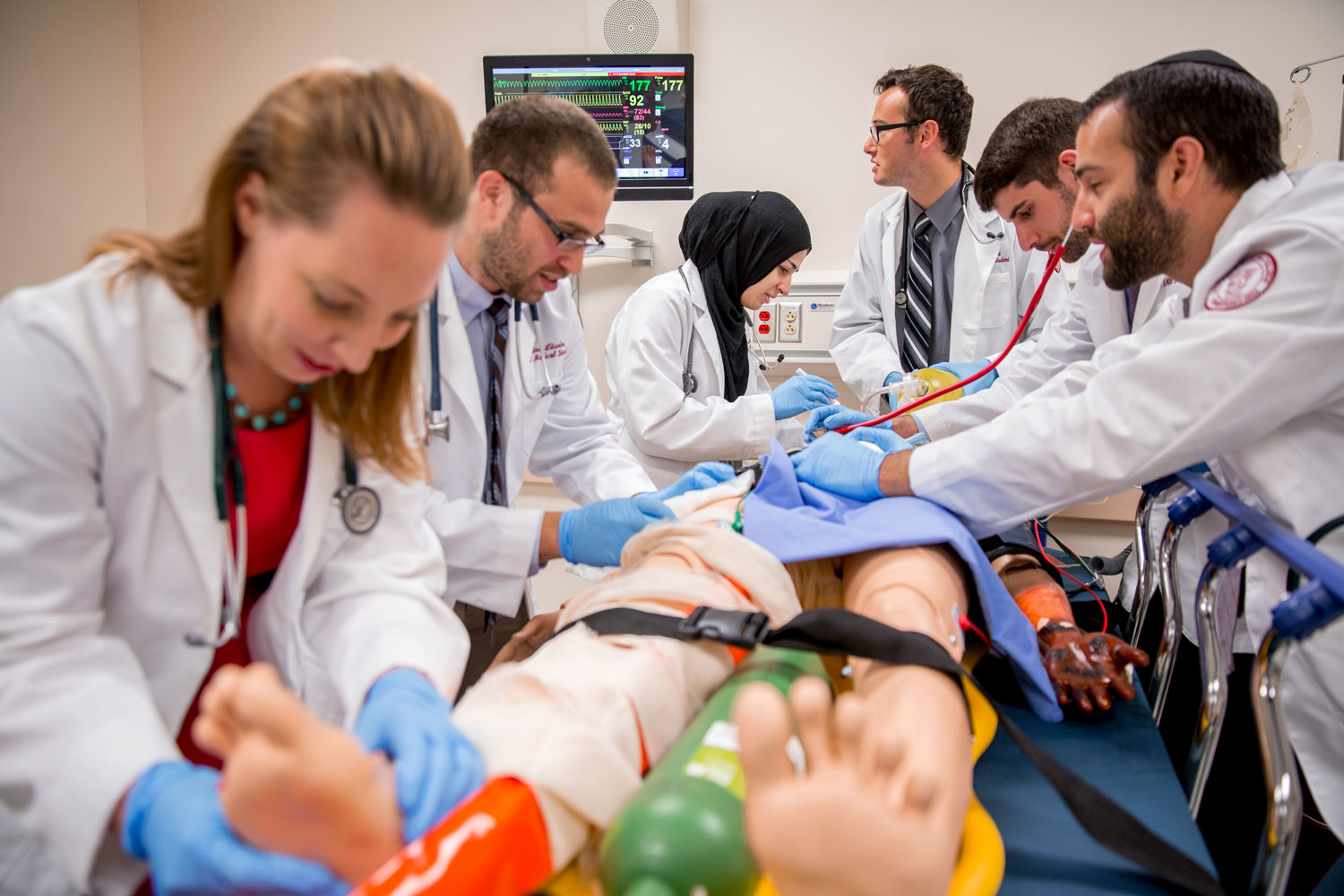
Our state-of-the-art simulation rooms allow learners to participate in a critical care simulation that helps promote physician communication and patient safety.
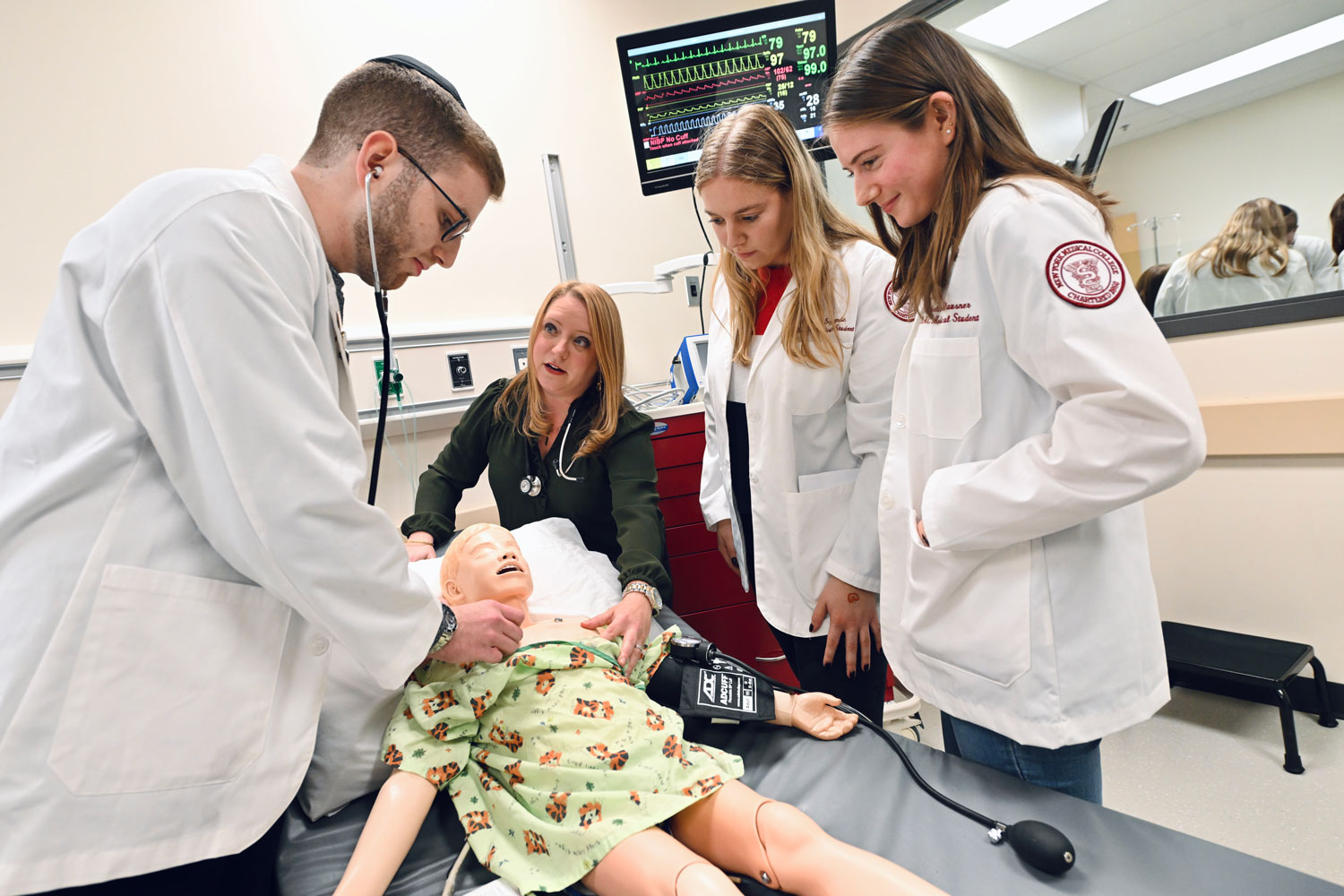
Procured through a Children’s Dream Foundation Grant, SimJunior helps prepare health professionals to address common health concerns that face the pediatric population.
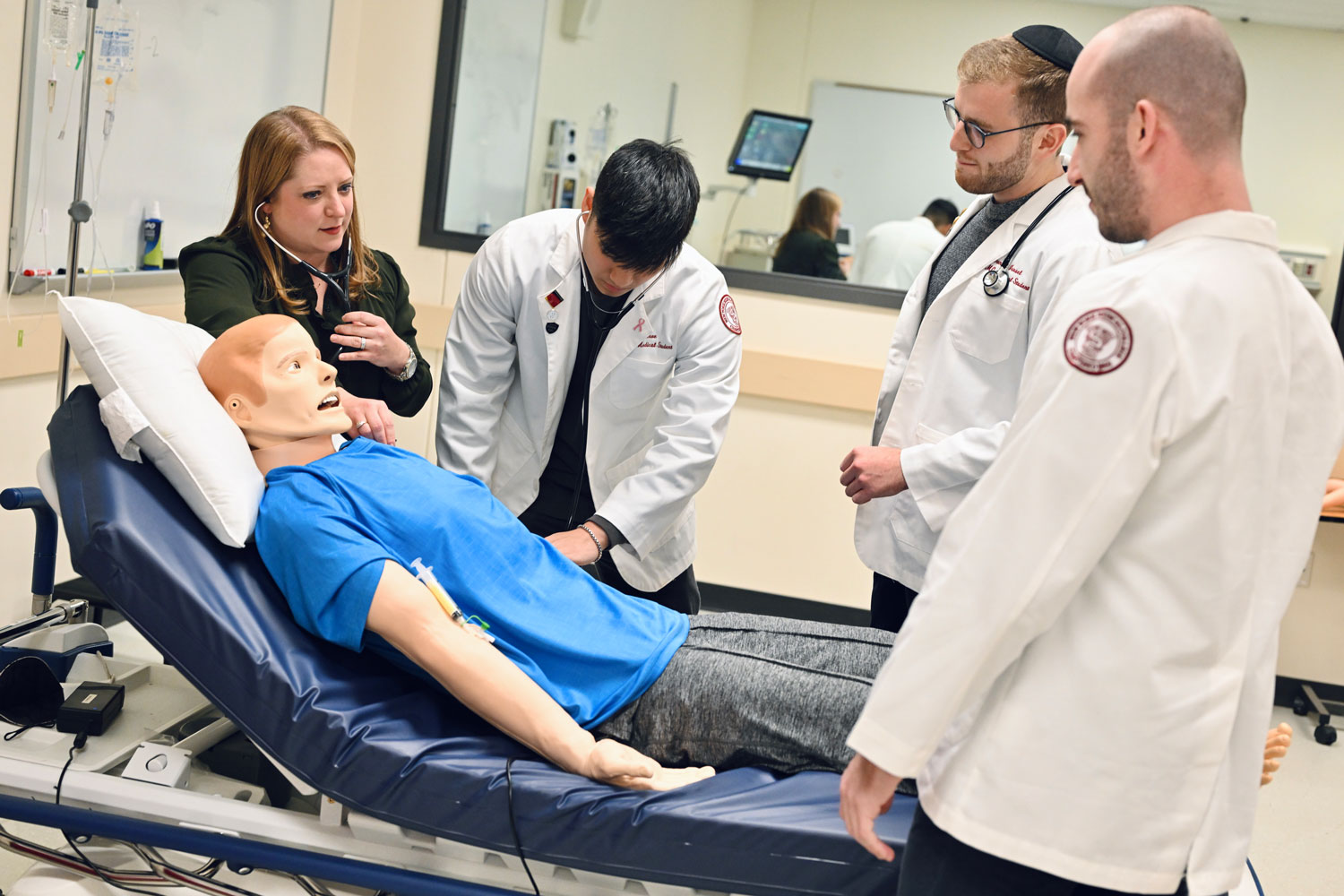
The new Sim Man 3G Plus is capable of representing a diverse range of patients with improved clinical features to help prepare learners for real-world situations.
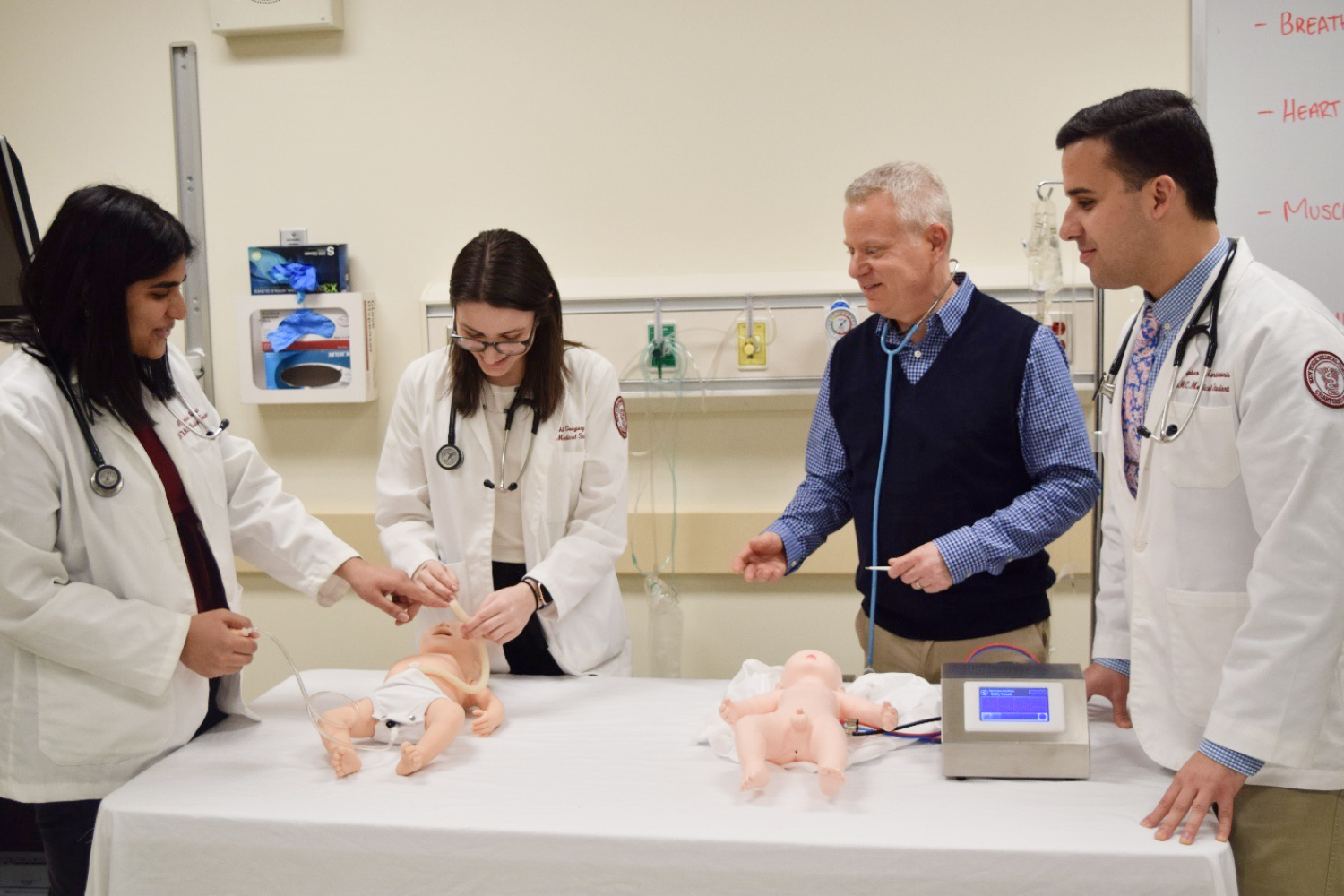
Advanced Task trainers provide learners with the opportunity to practice on pediatric task trainers to learn the signs and appreciate treatment protocols that prevent pediatric emergencies.
Programs
Clinical Learning Opportunities
The CSSC can customize learning experiences based on the needs of any health professions learner, course curriculum, or necessary faculty development. Activities can range from one discipline to inter-professional with multiple disciplines participating in a team type of training. Learners can participate in these activities individually or as a group. Hybrid simulations can also be developed combining the various types of simulations. For example, standardized patients can act as family members during a manikin simulation, or a partial task trainer can be used in a room with a standardized patient for incorporation of a skill training into a standardized patient encounter. Advanced procedural skills utilizing task trainers can also be utilized at stand-alone activities or combined with a high-fidelity learning experience.
Simulation sessions at the CSSC can be formative or summative, purely experiential or utilized as part of a high-stakes assessment that aligns with various medical accreditation bodies. All learning activities are videotaped to allow for review of participant performance and to provide feedback to the learner. The video review can occur during a group session as part of a debriefing or individually as part of a self-evaluation. These videos can also be accessed remotely through a web-based link for viewing by participants or faculty in a private or classroom setting. Additionally, all debriefing sessions follow the nationally recognized methods as set forth by the Center for Medical Simulation which are meant to reinforce good practices and bolster those that need to be improved.
Additionally, many facets of simulation can also assist community medical professionals in better promoting gold standard practices and procedures by assessing all staff who come in contact with a patient, including front desk and billing personnel. The Center also can create professional medical training videos for a variety of topics such as handling pain management, ensuring patient safety in local hospitals, and promoting strong interpersonal communication skills in a variety of situations.
Interested in creating a program at the CSSC? Email katharine_yamulla@nymc.edu
American Heart Association Certification Programs
The CSSC offers American Heart Association certification classes upon request. If you are interested in scheduling a class for BLS, ACLS, or PALS, please fill out the following form and a member of staff will get back to you. A minimum of 4 learners must enroll for any scheduled class to occur. We offer hybrid certifications allowing for pre-work to be done online and in-person skills teaching. Each certification is valid for two years.
Email katharine_yamulla@nymc.edu to register for an AHA certification course.
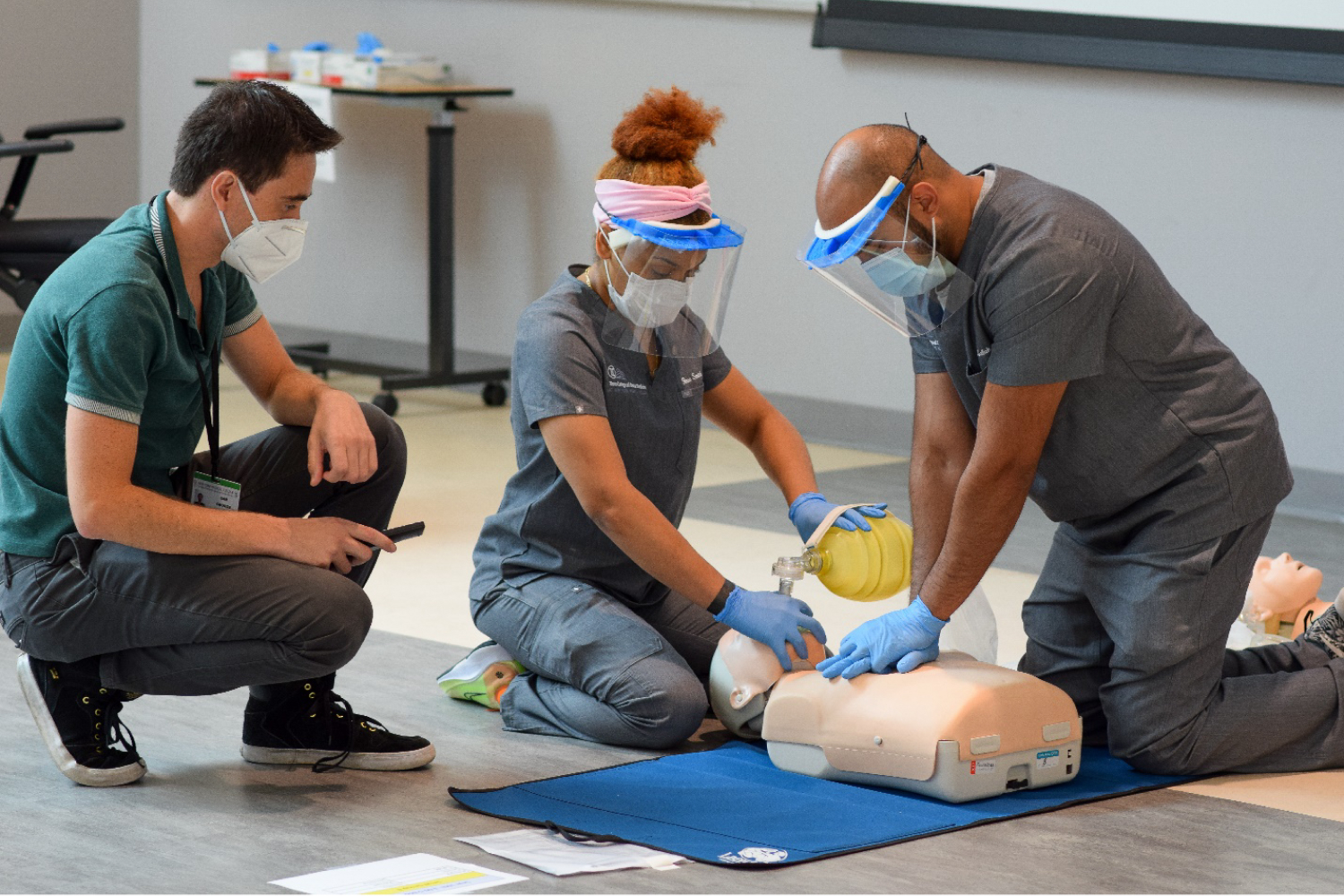
Basic Life Support (BLS) Certification for dental students.
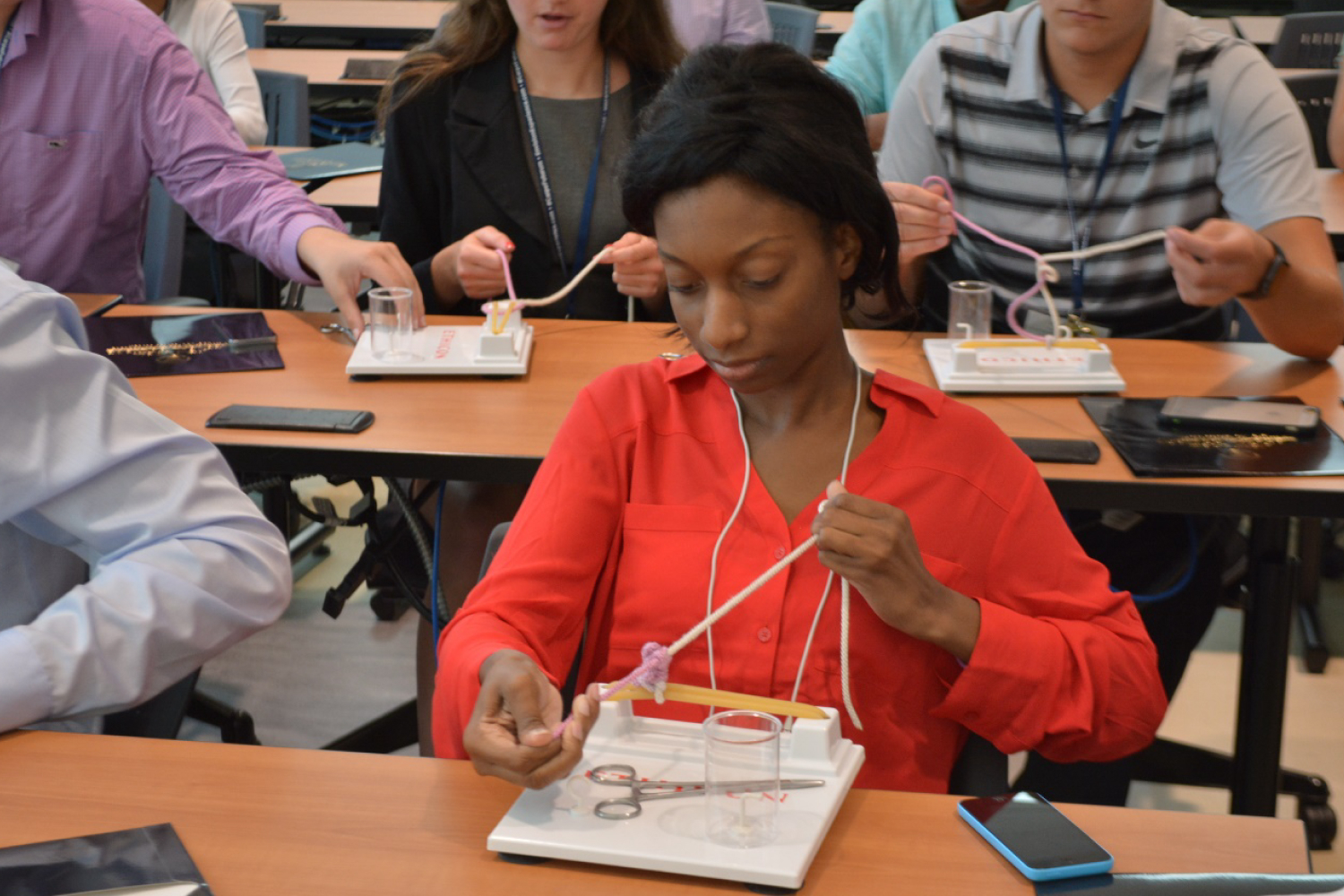
High school and college students can participate in clinical skills boot camps at the CSSC that introduce them to a variety of medical techniques and procedures, such as knot tying, as seen in this photo.
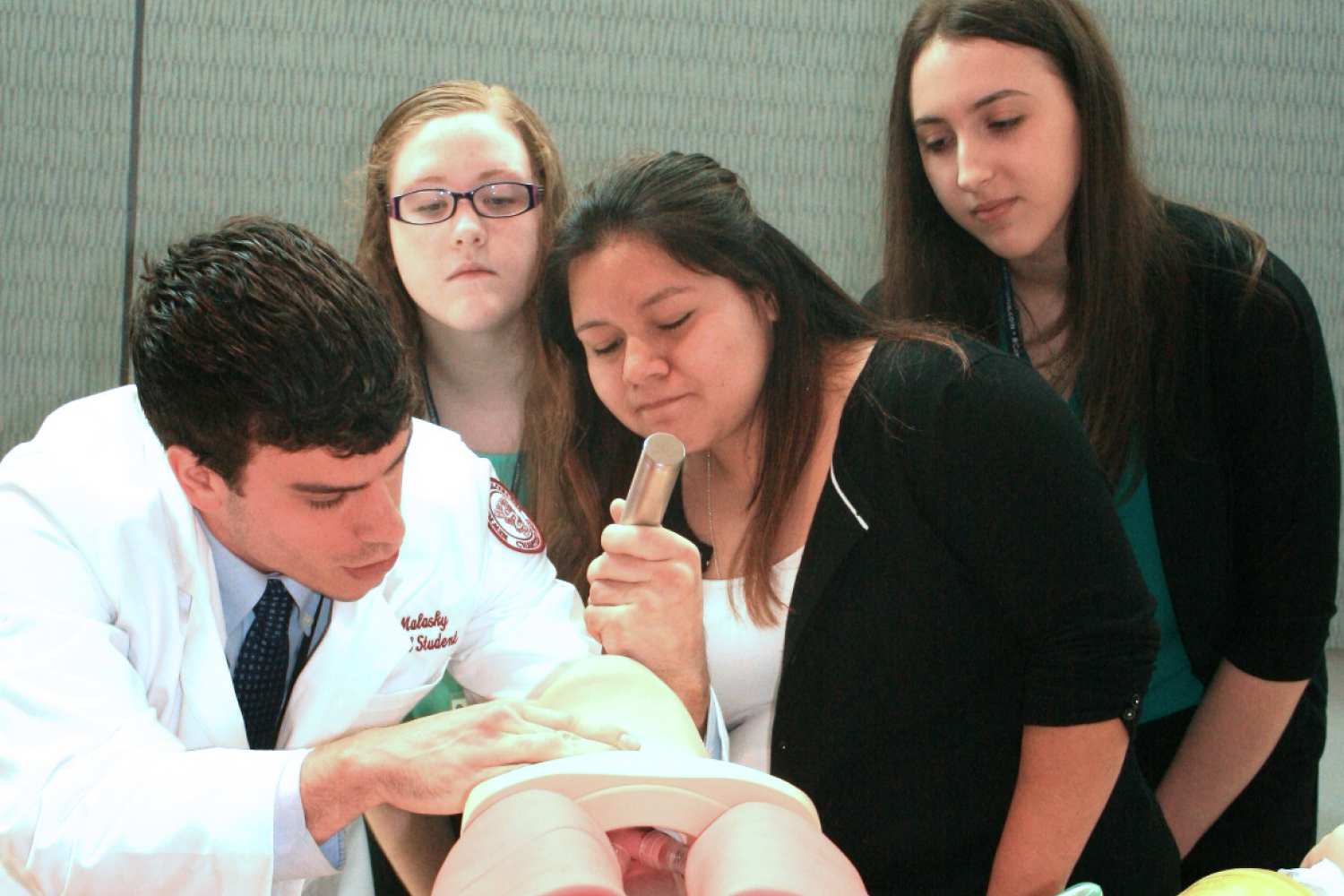
High school and college students can participate in clinical skills boot camps at the CSSC. Here a 3rd year medical student is demonstrating how to intubate a patient utilizing an advanced airway trainer.
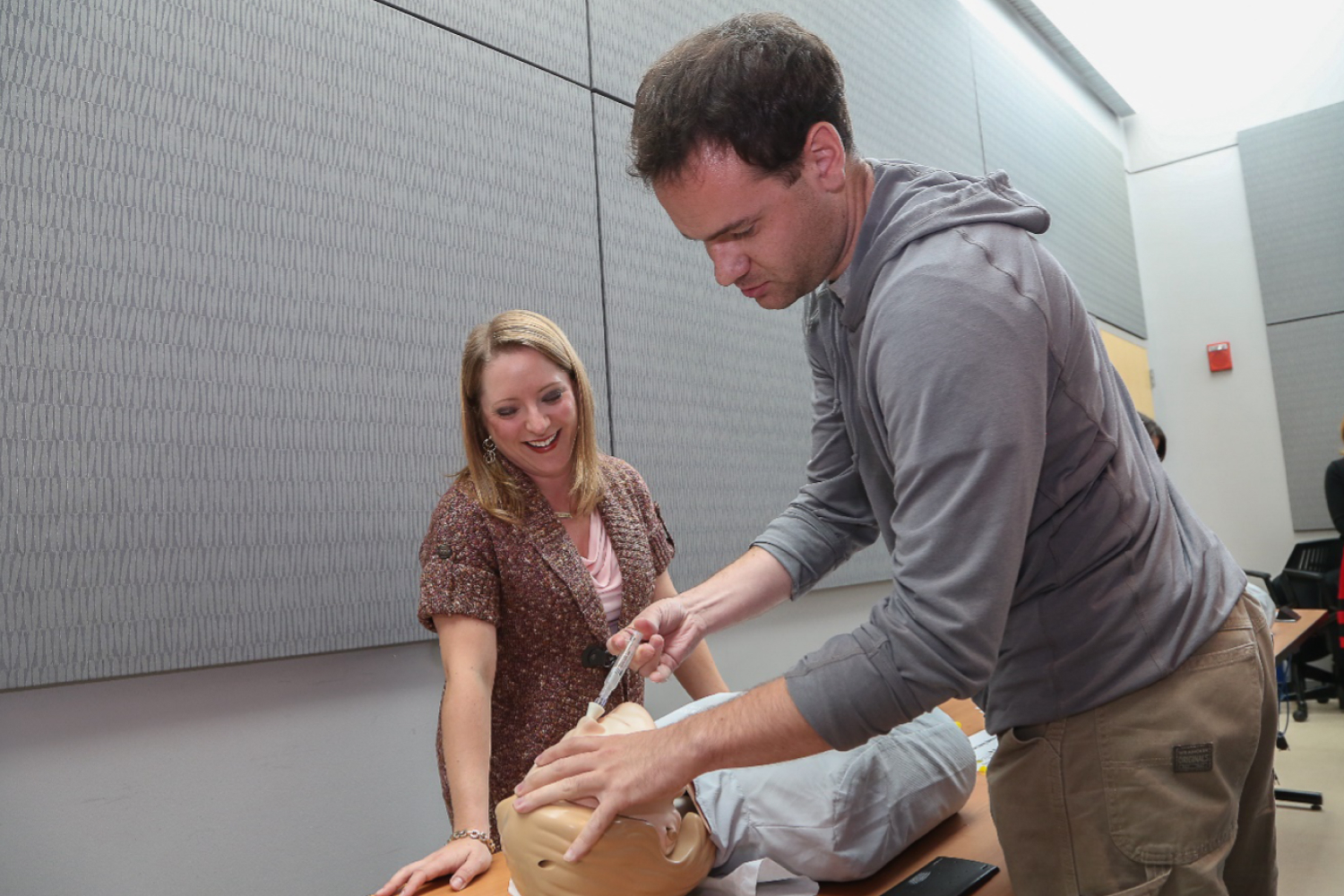
Narcan administration training for community health care professionals. The administration of naloxone (Narcan) by a trained individual can save the life of a person undergoing an opioid overdose.
Educational Programs Served by the CSSC:
- NYMC School of Medicine
- NYMC Doctor of Physical Therapy Program
- Touro College of Dental Medicine
- Westchester Medical Center Residency Programs
- NYMC Sponsored Residency Programs
- Community and Regional Medical Practices/Medical Centers
- Nursing Training Programs
- High School Health Professions Programs
- Continuing Medical Education Certifications
- American Heart Association Certification Programs (BLS, ACLS, PALS)
Sponsorship/Donor Opportunities
You can have a direct, exponential impact on our medical learners’ future, contribute to increased patient safety and improve the overall well-being of our community, by supporting the CSSC. If you would like to sponsor a simulation room, examination room, simulation manikin, task trainer, you can. Naming opportunities are also available. More information is available by emailing development@nymc.edu, calling 914-594-2720 or by visiting https://nymcalumni.org/clinicalskills.
Location & Hours
New York Medical College
7 Dana Road
Valhalla, NY 10595
clinical_skills@nymc.edu
Hours: M-T 8am-5pm; F 8am-3pm
Staff
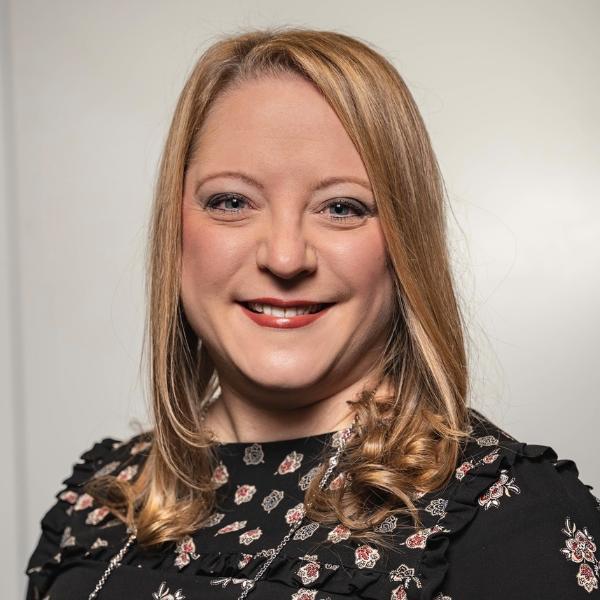
Katharine Yamulla, M.H.E.A, CHSE
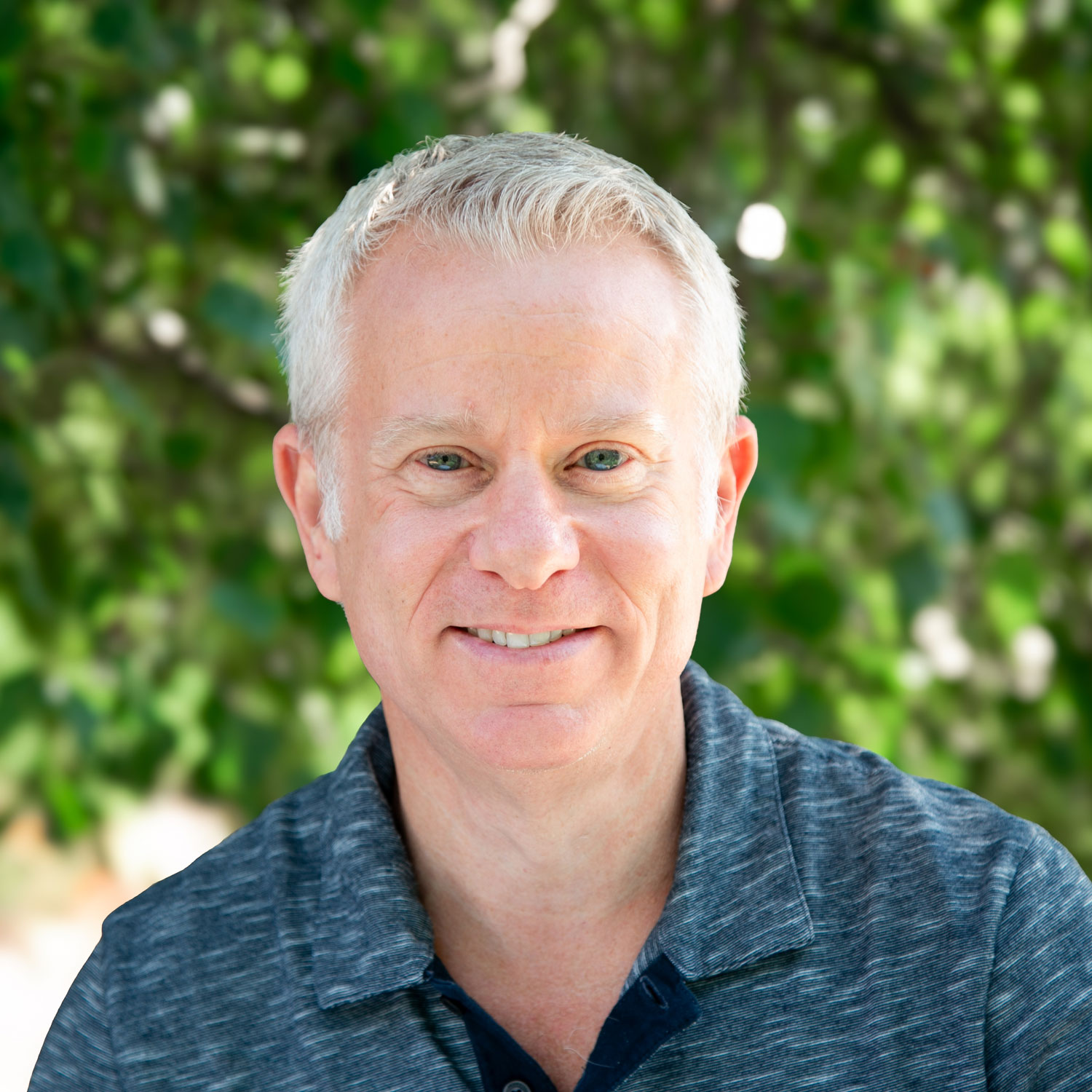
Elli Levy, M.A.
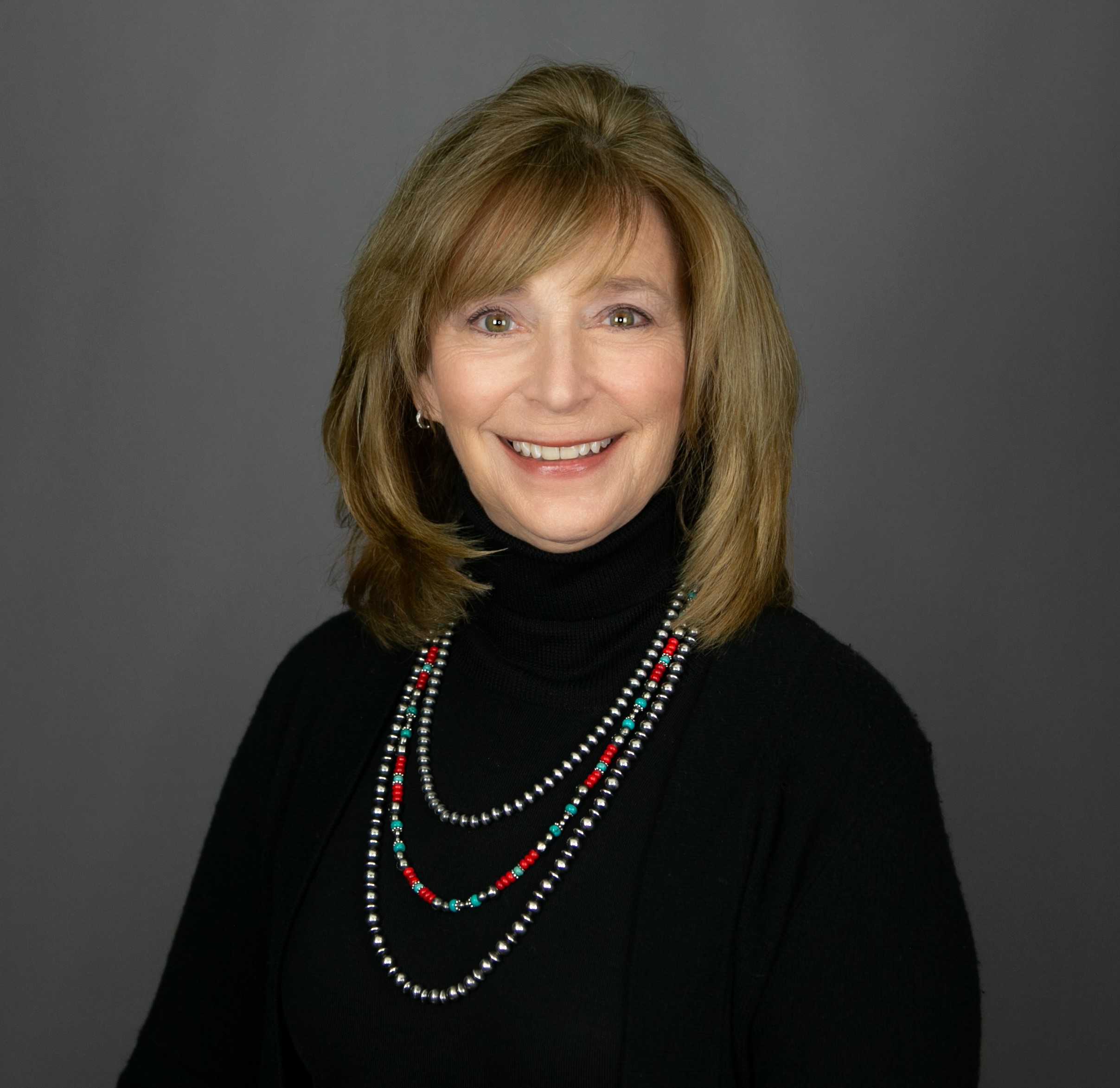
Julia Levo, M.F.A.
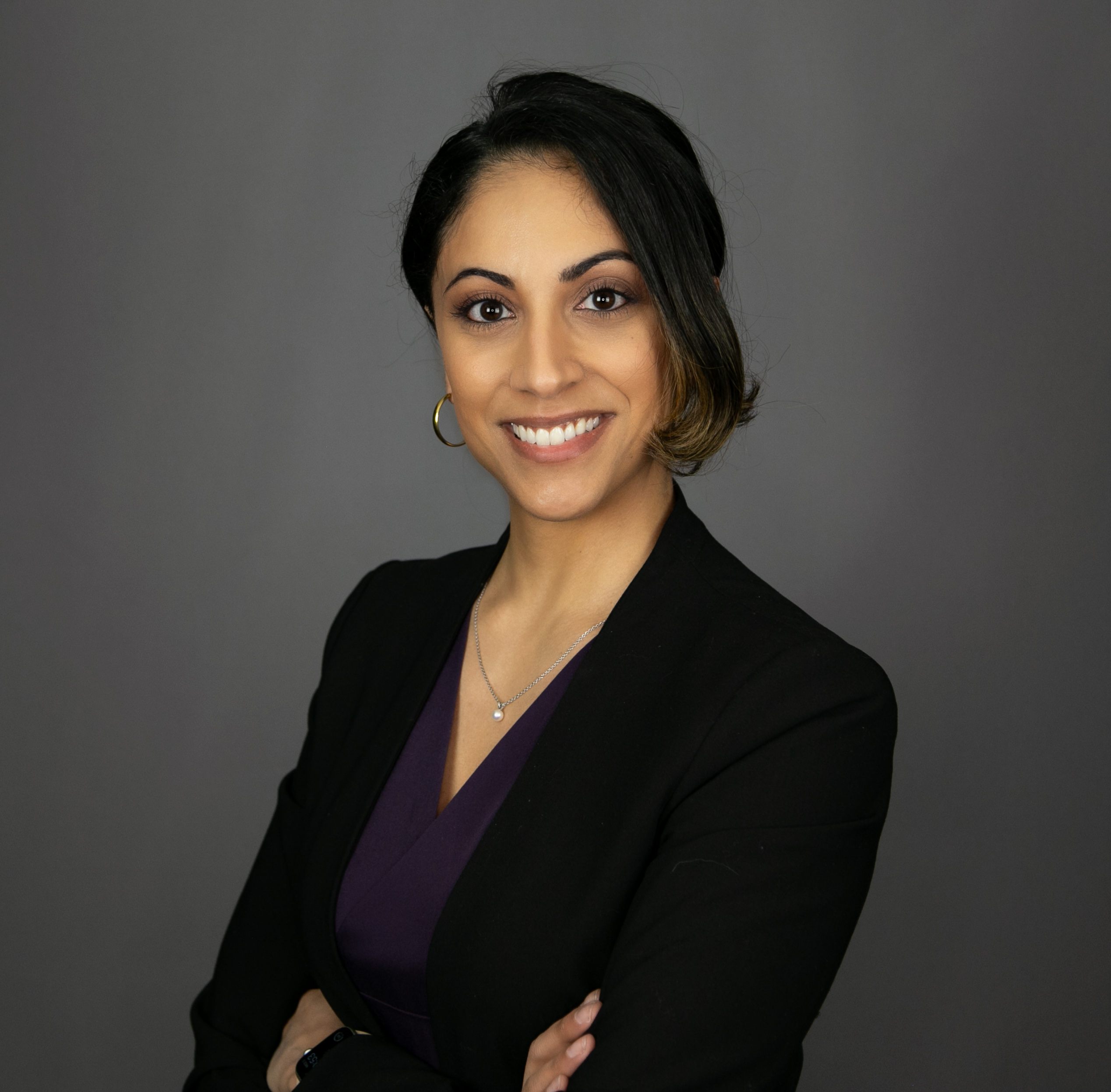
Jeanne Collins, M.A.
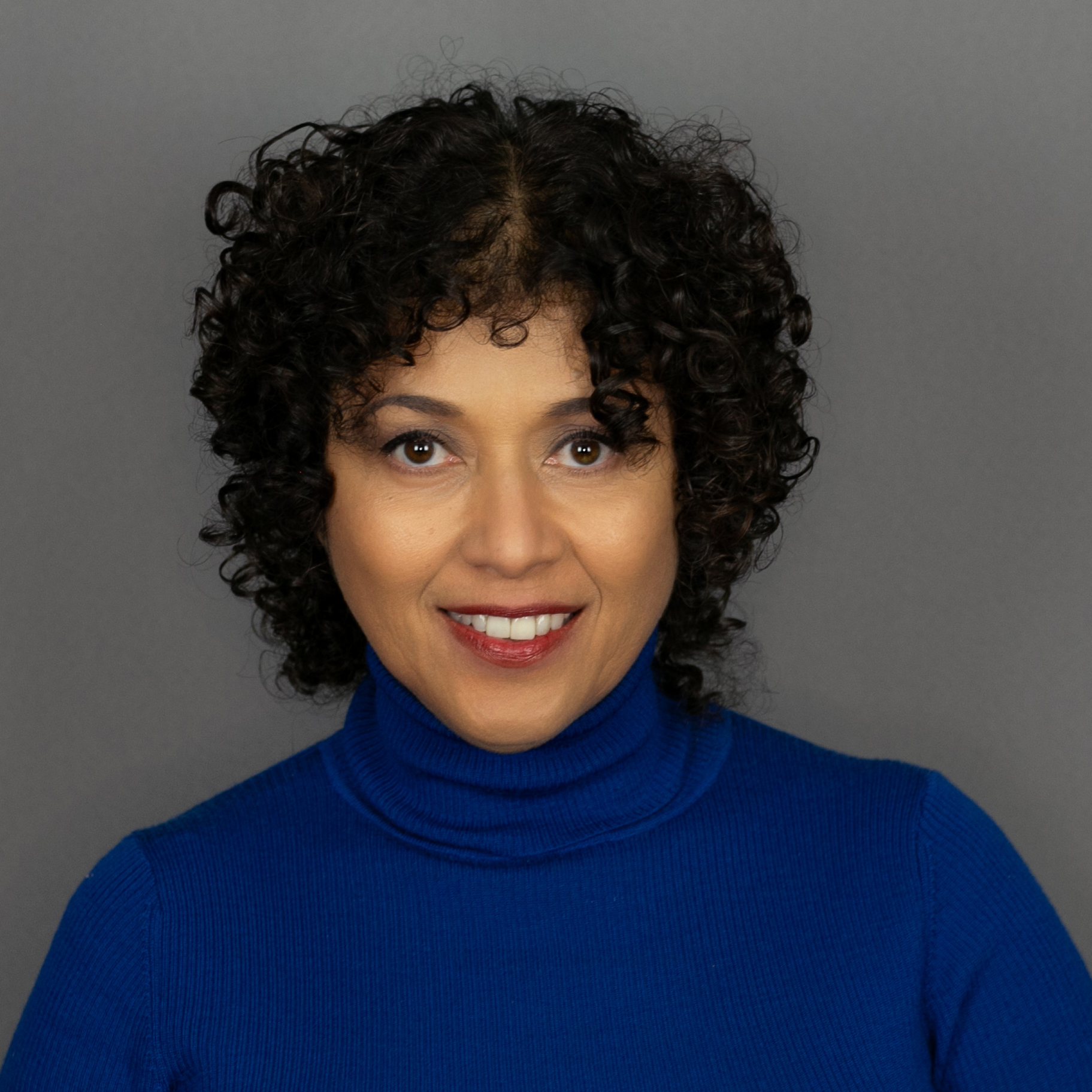
Sylvia De La Torre
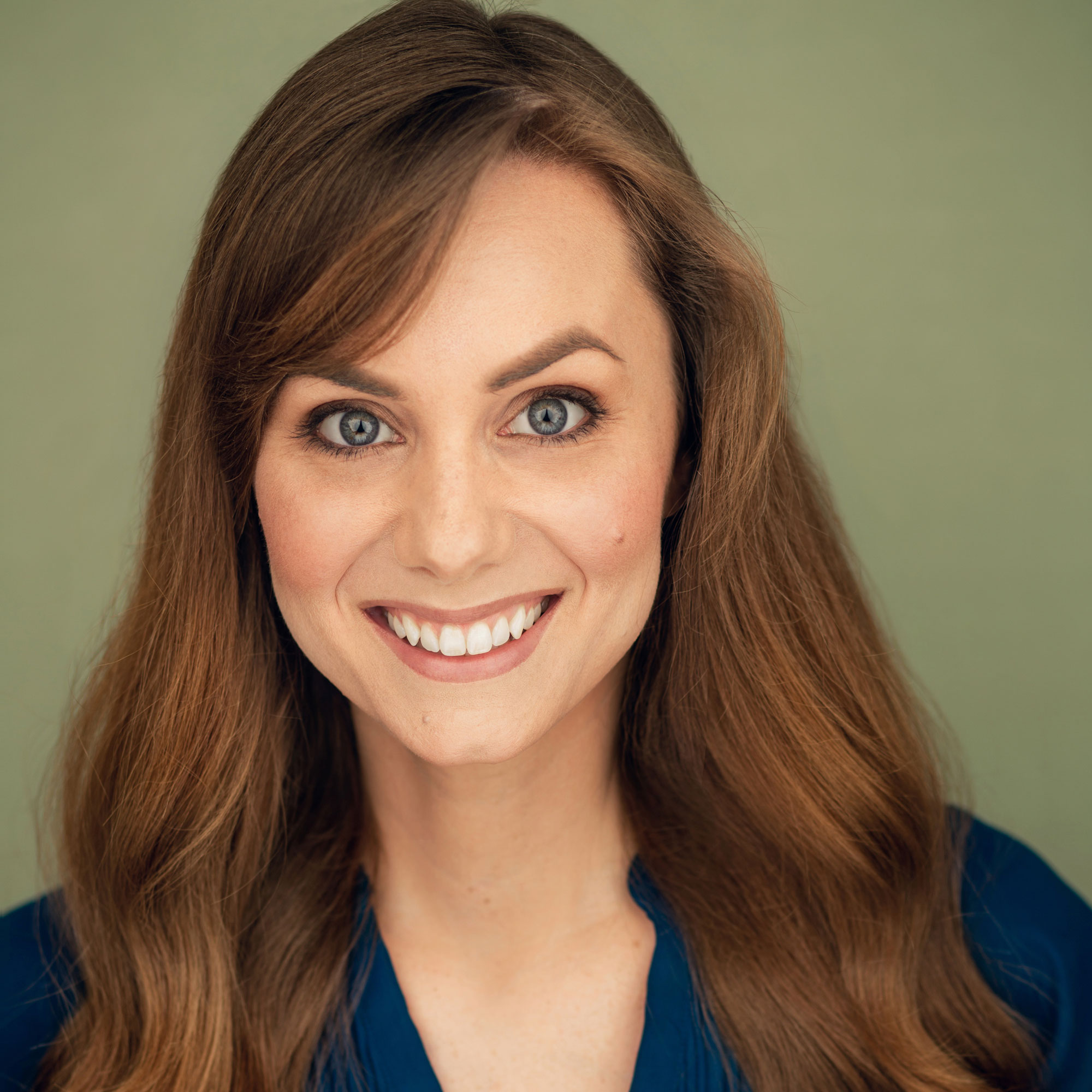
Michelle Foard
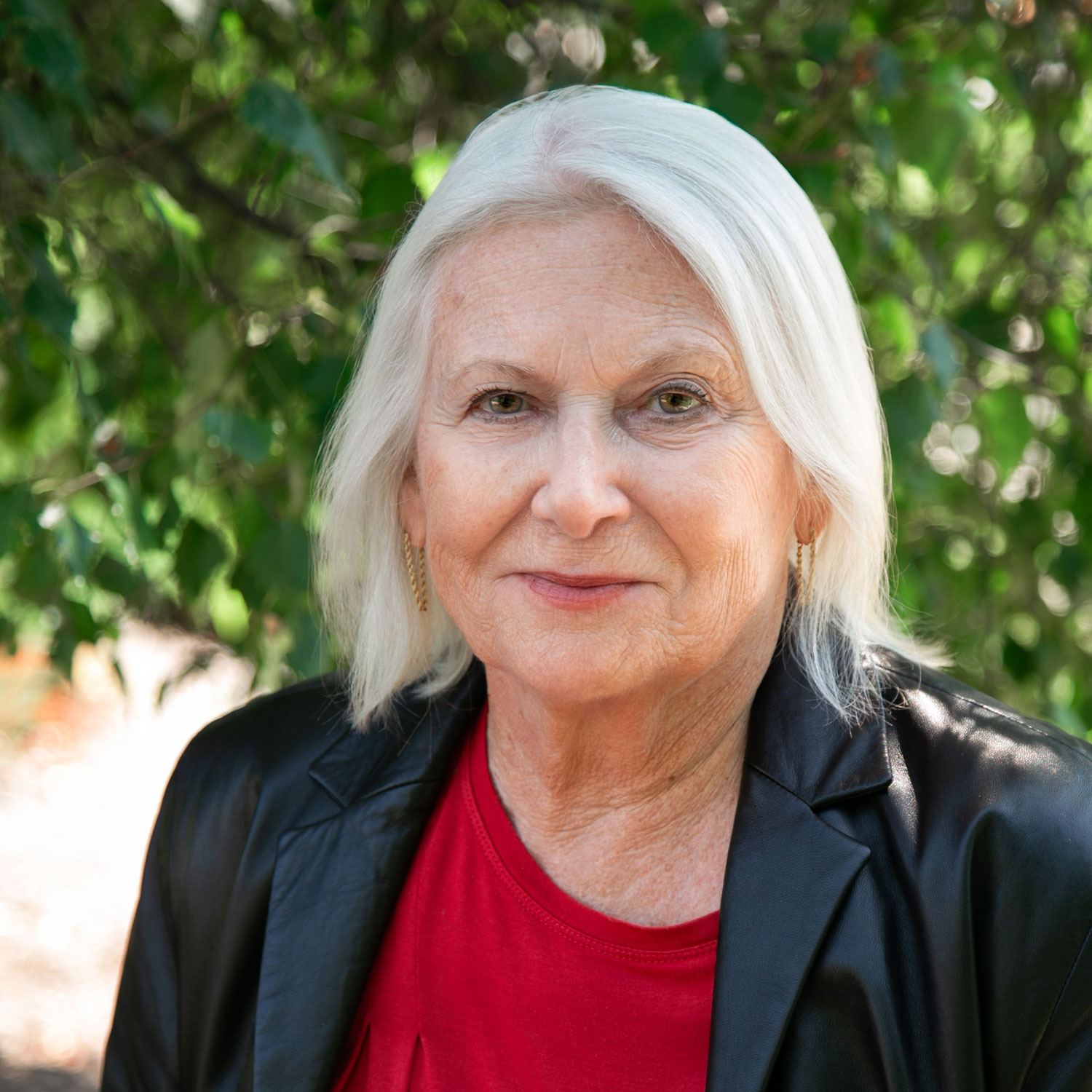
Maybeth Ryan
